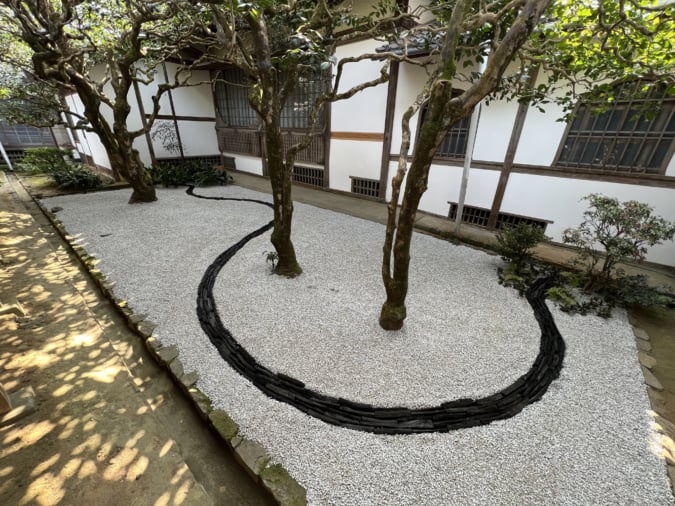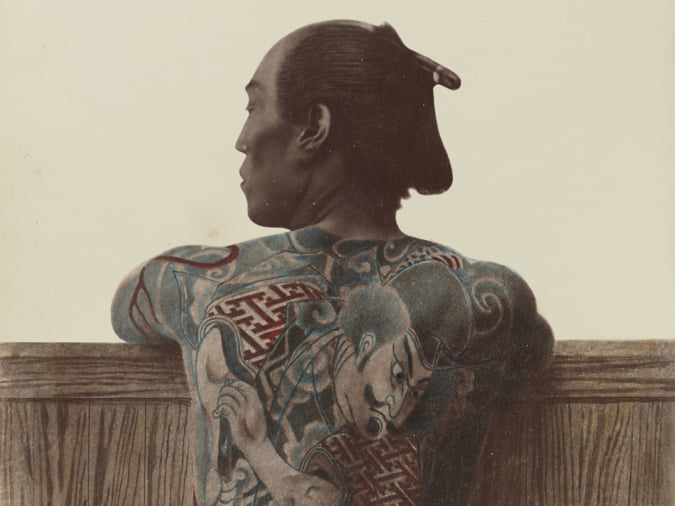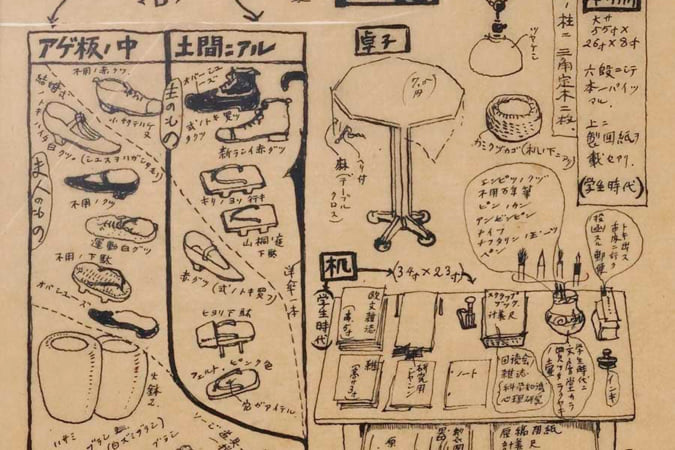JITENSHA, the Bike Blending Japanese Minimalism and French Design
The brand assembles its models by hand in Paris, drawing inspiration from the sleek, light bikes seen in the streets of Japan.

© JITENSHA
Nicolas, an ardent lover of Japan and a young French entrepreneur, decided to settle in Tokyo. He quickly set up his own business and called upon two of his friends for help: Franck, a designer, and Cédric, a cinema production manager. Their love of both design and Japan is what brings them together.
‘Our idea is to take inspiration from the minimalist, ultra-modern and traditional Japanese style and combine it with the French spirit and our own bike culture’, they explain.
An ultra-light electric bike
Thus, in 2016, JITENSHA was born, a brand of bikes assembled by hand in Paris. JITENSHA preaches values that are very much in keeping with current trends, offering a piece of equipment that describes itself as ‘simple and pared down’. With a subtle blend of elegance and sobriety, JITENSHA wants to strip its product down to the bare essentials.
The brand also offers electric models, controlled through Bluetooth and a smartphone app. E-JITENSHA has a 30-km range and assistance up to a speed of 25 km/h. The bonus with this product is its weight, coming in at just 13 kg, which is sure to delight cycling enthusiasts.
More information on JITENSHA can be found on the brand’s website.
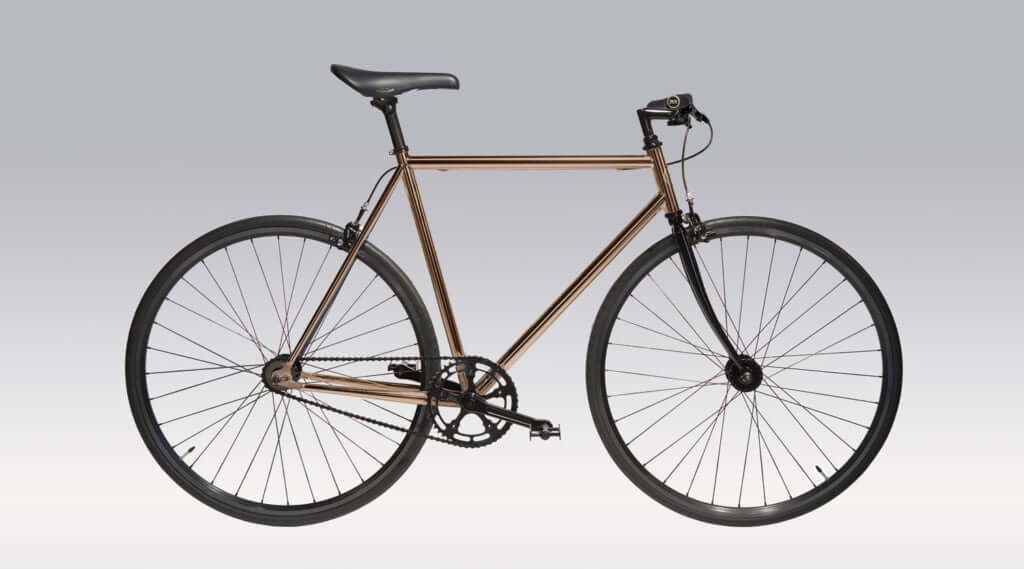
© JITENSHA
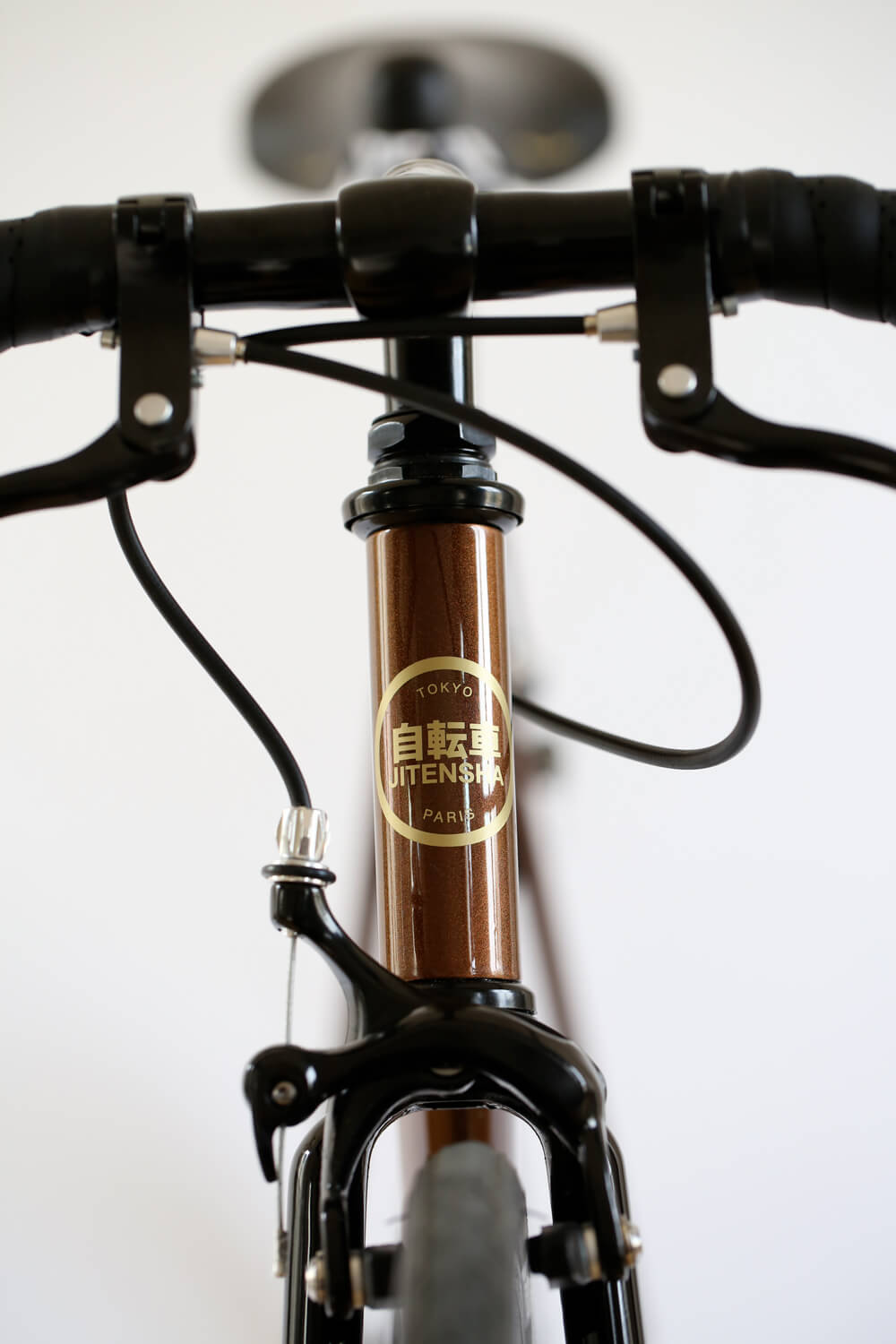
© JITENSHA
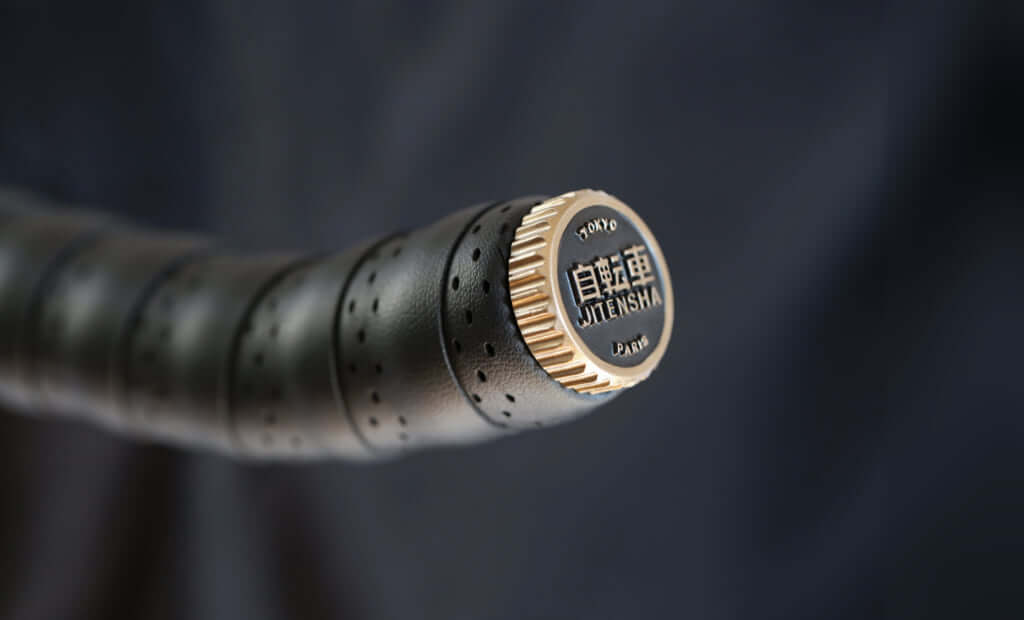
© JITENSHA

© JITENSHA

© JITENSHA
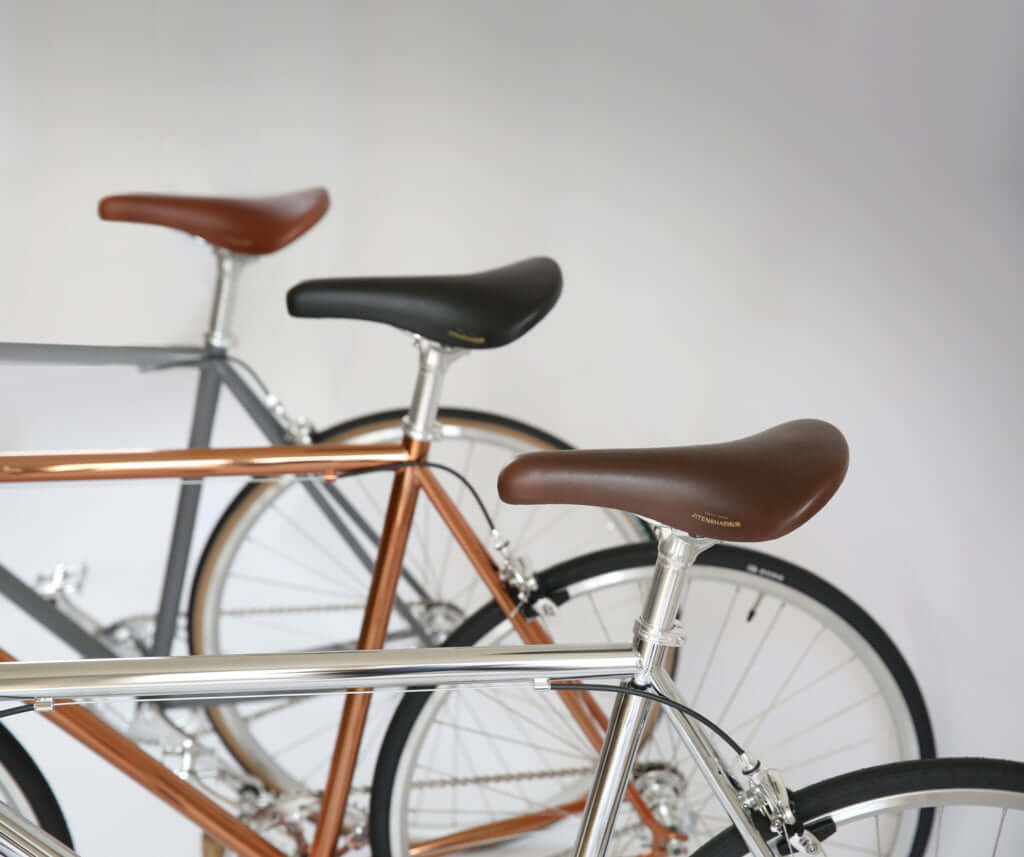
© JITENSHA
TRENDING
-
A Rare Japanese Garden Hidden Within Honen-in Temple in Kyoto
Visible only twice a year, ‘Empty River’, designed by landscape architect Marc Peter Keane, evokes the carbon cycle.

-
Colour Photos of Yakuza Tattoos from the Meiji Period
19th-century photographs have captured the usually hidden tattoos that covered the bodies of the members of Japanese organised crime gangs.

-
Recipe for Ichiraku Ramen from ‘Naruto’ by Danielle Baghernejad
Taken from the popular manga with the character of the same name who loves ramen, this dish is named after the hero's favourite restaurant.

-
Modernology, Kon Wajiro's Science of Everyday Observation
Makeup, beard shape, organisation of cupboards and meeting places: all of these details decipher 1920s Tokyoites.

-
The Tradition of the Black Eggs of Mount Hakone
In the volcanic valley of Owakudani, curious looking black eggs with beneficial properties are cooked in the sulphurous waters.

